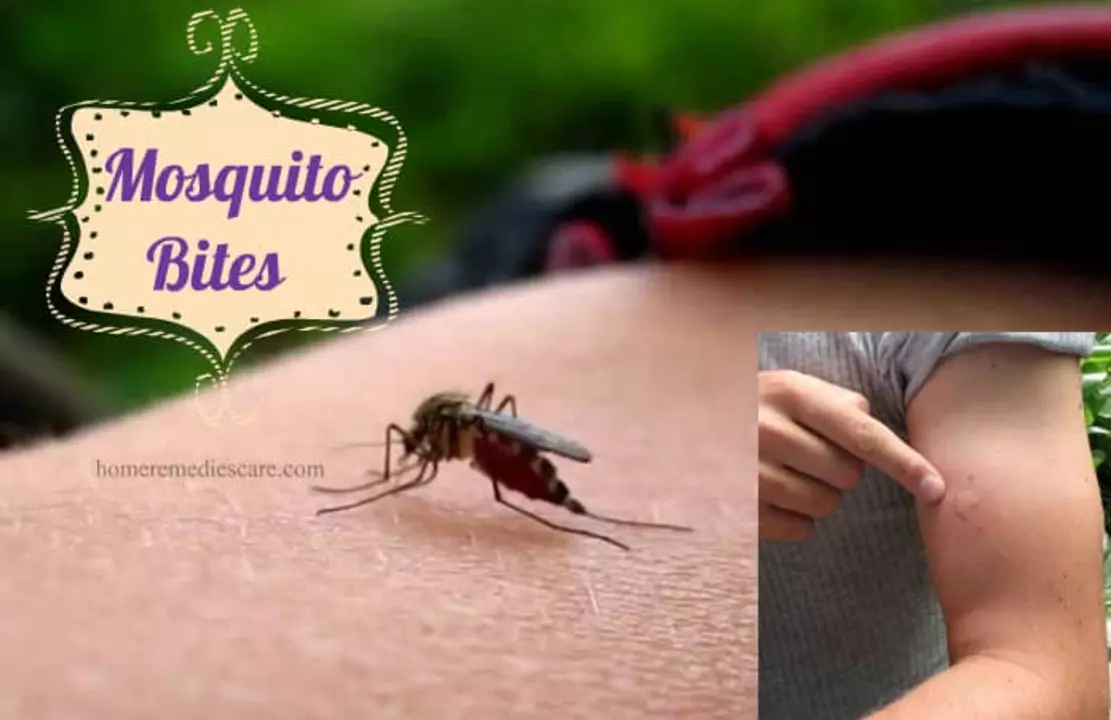Anal itching: fast relief, causes, and prevention
Annoying, embarrassing, and often sudden—anal itching (pruritus ani) affects people of all ages. You don’t need to panic. Most causes are harmless and treatable at home. This guide gives clear, practical steps for quick relief, common reasons behind the itch, and when to get medical help.
What causes anal itching?
There are a few common culprits. Poor hygiene or too much cleaning can both cause irritation. Moisture from sweating, tight clothing, or not drying the area properly traps irritation. Hemorrhoids and small tears (anal fissures) create persistent itch. Skin conditions like eczema or fungal infections also show up around the anus. In kids, pinworms are a frequent cause. Certain foods—spicy dishes, caffeine, citrus, and alcohol—can make itching worse for some people. Finally, contact dermatitis from scented soaps, wet wipes, or laundry detergents can trigger a reaction.
Reason matters because treatment changes. For example, antifungal cream helps a yeast infection but won’t stop pinworms. If you’ve tried basic fixes and symptoms stick around, testing or a doctor visit will identify the exact cause.
Fast relief and practical treatments
Need quick comfort? Try these safe, simple steps first: gently clean the area with warm water—no harsh soaps—pat dry, and apply a cool compress for 10 minutes. Over-the-counter hydrocortisone 1% can calm inflammation for short-term use (no more than a week unless a doctor advises). Zinc oxide or petroleum jelly creates a protective barrier that keeps moisture off the skin. For suspected yeast infections, an OTC antifungal cream (clotrimazole) often helps.
Avoid rubbing, vigorous scrubbing, or using perfumed wipes. Wear breathable cotton underwear and loose clothing. Increase fiber and fluids to prevent hard stools that can irritate the area. If pinworms are likely (itchy nights, kids in the house), see a doctor for proper anti-parasitic medication—don’t guess with home remedies.
When to see a doctor: seek care if you have severe pain, bleeding, pus, fever, sudden weight loss, or if itching lasts more than two weeks despite treatment. Also see a provider if you notice a lump, changing bowel habits, or if OTC treatments make no difference. A clinician may do a visual exam, stool test, or swab to find bacteria, fungus, or parasites, and prescribe stronger topical steroids, antibiotics, or specific anti-parasitic drugs when needed.
Prevention is simple: keep the area clean and dry, avoid scented products, wear cotton underwear, limit spicy foods and caffeine if they trigger symptoms, and manage constipation with fiber. Small habits—patting instead of wiping hard, changing sweaty clothes quickly—cut recurrence a lot.
If the itch is ruining your sleep or confidence, get checked. Most causes are easy to fix once identified, and relief often comes fast with the right approach.

The role of stress in exacerbating anal itching and irritation from insect bites
May 14 2023 / Health and WellnessIn my recent exploration of the connection between stress and skin irritations, I discovered that stress can actually worsen anal itching and irritation from insect bites. It turns out that stress triggers our immune system to release certain chemicals, leading to increased inflammation and itchiness in affected areas. Additionally, when we're stressed, we tend to scratch more, which can further aggravate the irritation. So, managing stress levels is essential not only for our mental well-being but also for our physical health, especially when dealing with annoying insect bites. To sum up, reducing stress can help alleviate the discomfort caused by anal itching and insect bite irritations.
VIEW MORE